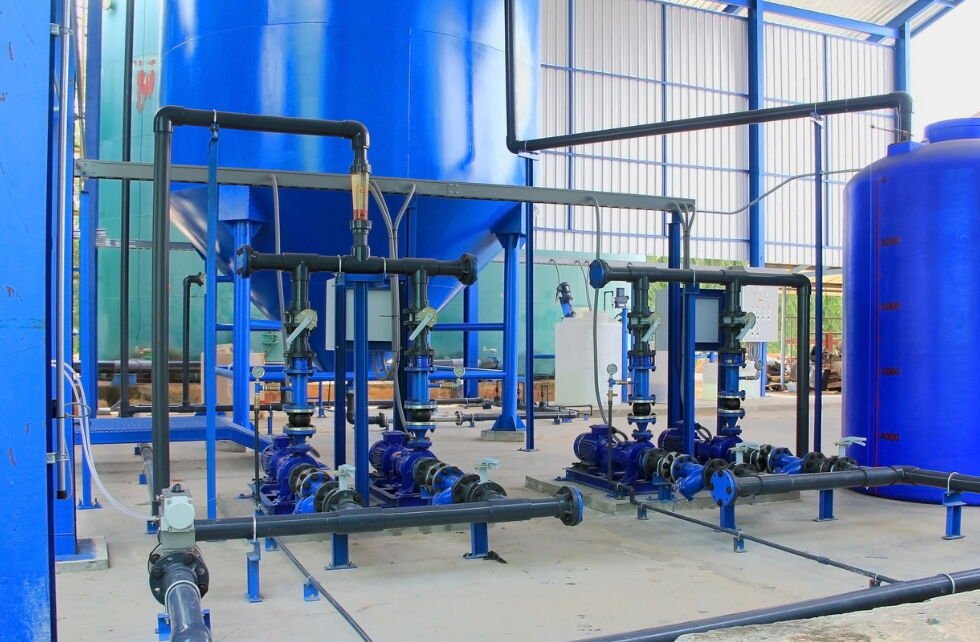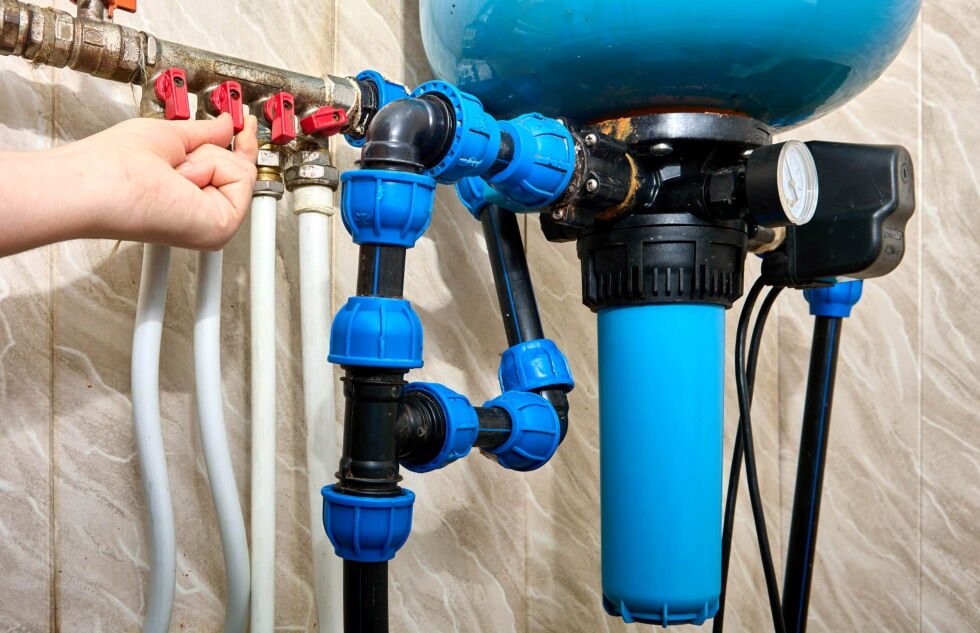Understanding the Importance of Water Treatment
Water is a critical resource for many industries, impacting efficiency, compliance, and sustainability. The right water treatment solution ensures that water quality meets operational requirements, helping businesses maintain productivity while adhering to regulations. An effective water treatment plan can enhance equipment lifespan and facilitate better resource management, making it essential for industries such as manufacturing, food processing, and healthcare.
Identifying Industry-Specific Water Requirements
Different industries have unique water needs. For example, food processing facilities require high standards of sanitation to comply with health regulations, while manufacturing plants may need large quantities of water for cooling and processing. Performing a thorough analysis of your industry’s water usage and quality is crucial. This includes understanding factors such as the type of contaminants present, the required water purity levels, and specific operational demands. By identifying these criteria, businesses can tailor their water treatment solutions effectively.
Assessing Your Existing Water Treatment Systems
Before implementing a new water treatment solution, it is essential to evaluate the current systems in place. Assessing operational efficiency, costs, and the quality of the treated water helps identify gaps in performance. Are there persistent issues with contamination? Are operational costs higher than expected? By pinpointing these challenges, businesses can select solutions that directly address their shortcomings. Consulting with water treatment professionals can provide valuable insights into enhancing system performance.
Energy Efficiency: A Key Consideration
Energy consumption is a significant factor in the overall cost of water treatment solutions. Modern systems designed with energy efficiency in mind not only reduce operational costs but also lower environmental impact. Look for technologies that optimize energy usage, such as variable frequency drives and advanced monitoring systems. These innovations allow for better control over energy consumption, leading to long-term savings and a reduced carbon footprint. Investing in energy-efficient solutions aligns with corporate sustainability goals, enhancing your business’s reputation.
The Importance of Scalability in Water Treatment Solutions
As businesses evolve, so do their water treatment needs. Scalable solutions are critical for accommodating growth and fluctuations in water demand. A flexible water treatment system allows companies to expand operations without the need for frequent replacements or upgrades, minimizing downtime and operational disruptions. By planning for scalability now, businesses can ensure that their water management systems remain effective and efficient as they grow.
Ensuring Compliance with Local and National Regulations
Regulatory compliance is paramount in water treatment. Each industry has specific guidelines dictating water quality standards, and failing to meet these regulations can lead to severe penalties and operational setbacks. Understanding local and national regulations is essential for businesses to avoid costly mistakes. Choosing a water treatment solution that is tailored to comply with relevant standards ensures that organizations can operate smoothly. Partnering with experienced providers can simplify this process, as they can guide businesses in maintaining compliance through regular audits and system updates.
Long-Term Cost Assessment and Maintenance Planning
When selecting a water treatment system, it is vital to evaluate both initial and long-term costs. Systems that require less maintenance often prove to be more cost-effective over time, offering better reliability and reduced risk of failure. Businesses should analyze the durability of potential solutions and consider routine maintenance as part of their operational strategy. Regular servicing and monitoring can prevent significant repairs and ensure that systems remain efficient, ultimately leading to a more sustainable approach to water management.

Choosing the Right Provider for Water Treatment Solutions
Collaborating with a knowledgeable water treatment provider is essential for successful implementation. A trustworthy partner can help identify the most suitable solutions for specific business needs while offering ongoing support and maintenance. Establishing a relationship with a reputable provider ensures that businesses can rely on expert guidance and assistance, minimizing downtime and maximizing system efficiency. Reviews and testimonials can be valuable resources in vetting potential providers, ensuring that businesses make informed decisions.
FAQ
What factors should I consider when choosing a water treatment solution?
Consider your industry-specific water requirements, the performance of your current system, energy efficiency, scalability, regulatory compliance, maintenance costs, and the reputation of potential providers.
Why is energy efficiency important in water treatment systems?
Energy-efficient systems reduce operational costs and environmental impact, contributing to sustainability goals while optimizing resource management.
How can I ensure compliance with water quality regulations?
Stay informed about local and national regulations, choose tailored water treatment solutions, and partner with experienced providers who can help maintain compliance through regular audits.
What does scalability mean in the context of water treatment?
Scalability refers to a water treatment system’s ability to adapt to increases or decreases in water demand as a business grows, allowing for consistent performance without frequent replacements.
How can I assess the long-term costs of a water treatment system?
Evaluate both initial costs and ongoing maintenance requirements, considering the durability and efficiency of different solutions to ensure a cost-effective investment.











